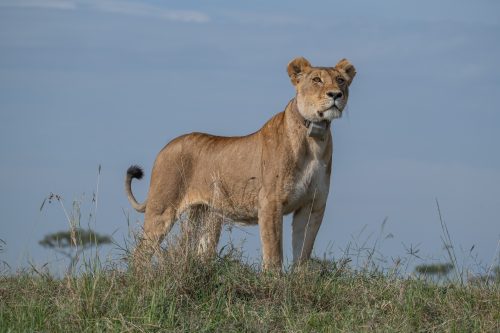
She was a legend in these parts. The Queen of the Mara Triangle: Mama Kali, the collared lioness. Even without a name attached, her reputation swept across the golden grasslands. A fearless leader and matriarch of the Angama Pride, there is little debate that over the last decade she was the most photographed lioness in the Triangle. As the sun would rise above the Loita Hills, throwing light across the scene of ‘Out of Africa’, so her roars would echo off them — a reassuring greeting of a new day. She was respected, she was revered, and she was adored.
Sadly, she is no more.
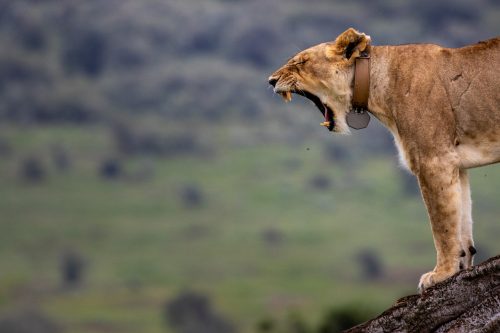
Aptly named, Mama Kali — a Swahili word meaning fierce or strong — had a fiery streak. When the grasses started to get long and hunting became a challenge she would move north and west, up the Oloololo Escarpment, leading her pride beyond the formal boundaries of the Mara Triangle and into the grazing lands of the neighbouring Maasai. Here, she could not resist an easy meal and had a habit of killing goats, sheep and cattle. It was for exactly this reason that she was collared back in September 2020. The collar would allow her every movement to be tracked and monitored in an attempt to keep her safe, help in human-wildlife conflict, and ultimately allow researchers and park management to learn more about the life of a lion whose territory doesn’t observe the neat boundaries of the reserve.
Last month, it appeared as if she killed one cow too many.
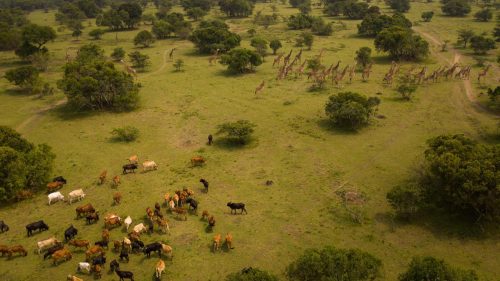
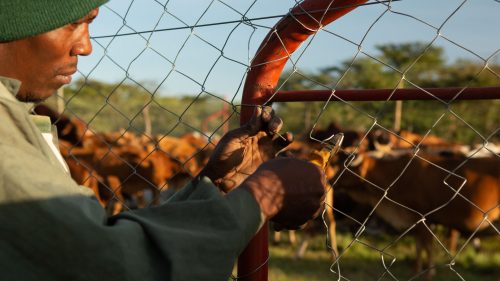
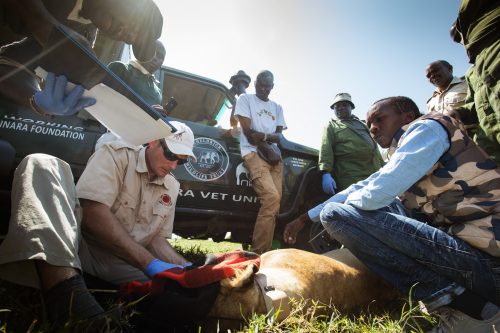 The Mara Predator Conservation Programme collaring Mama Kali"/>
The Mara Predator Conservation Programme collaring Mama Kali"/>
In early February 2022, her collar stopped transmitting a signal a few kilometres north of the park — we feared the worst but hoped for a miracle. Perhaps the batteries had run out, or the collar had fallen off, maybe she had swum across the Mara River and the electronics had flooded? Ranger teams were sent into the area to scour the landscape. Nothing.
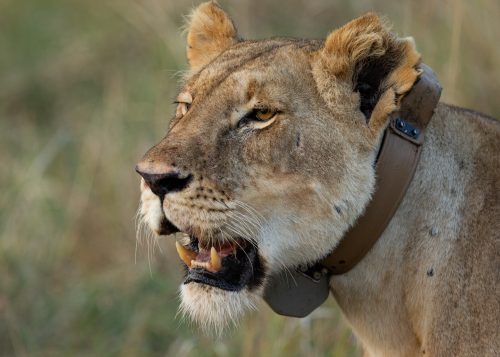
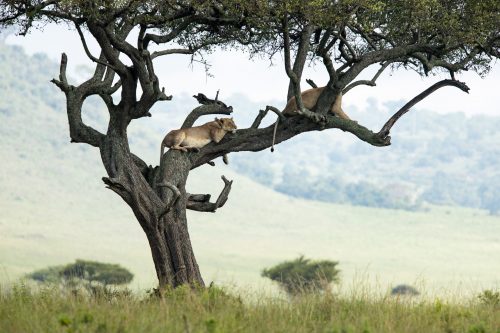
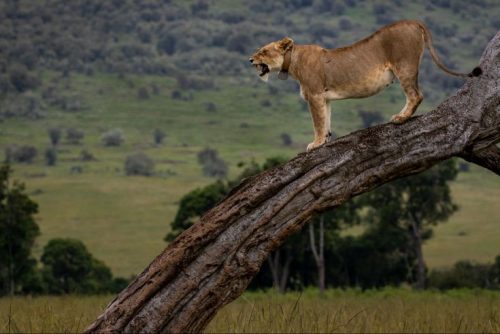
Days turned to weeks. Still no sign of her, nor any other members of her pride. We searched every corner of her territory. The dew-covered grasslands were empty, they held nothing but rumours. Where had she gone?
Mama Kali was dear to us all. I clearly remember seeing her for the first time back in March 2018. Back then, she had a large pride laden with cubs of various ages. This pride kept visitors from across the world enthralled. Over the duration of her life, we as a guiding team have spent countless hours with her. She taught us so much about lion behaviour. Normally, in the Maasai Mara, it is the males who carry big reputations and are awarded iconic names: Scarface, Morani, Notch, Olorpapit — the list goes on. Very seldom does a lioness take on legendary status.
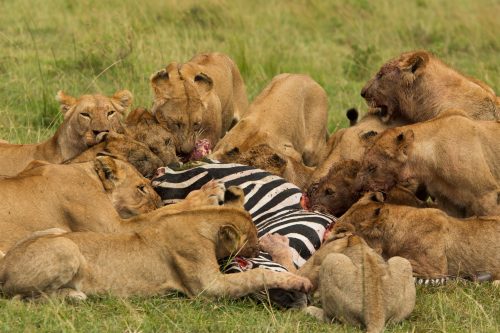
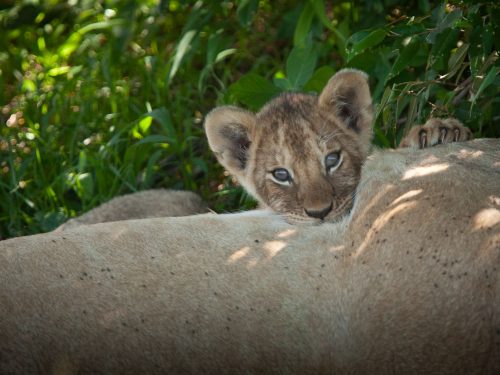
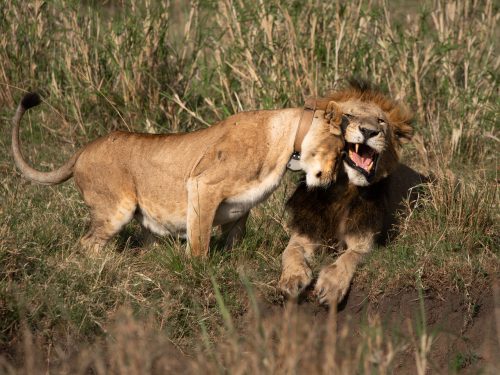
Her death was confirmed last week, exactly a month after the last transmission from her collar. Her body was found by rangers who had set out intent on solving the case. We will never be able to say with certainty the reason for her death. However, it is highly likely she fell victim to human-wildlife conflict.
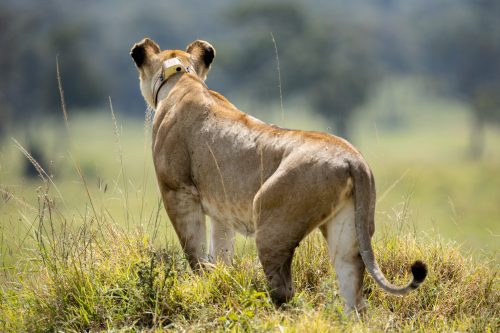
Her devastating death highlights the critical need for all of us in the conservation world to work together with the communities that neighbour protected areas. We simply cannot manage an ecosystem as an island. As animals move in and out of these wilderness areas, a process of natural migration and dispersal, they will continue to encounter an ever-growing human population. Now, more than ever, we need to explore creative solutions on how we can all work hand-in-hand for the protection of animals and humans alike.
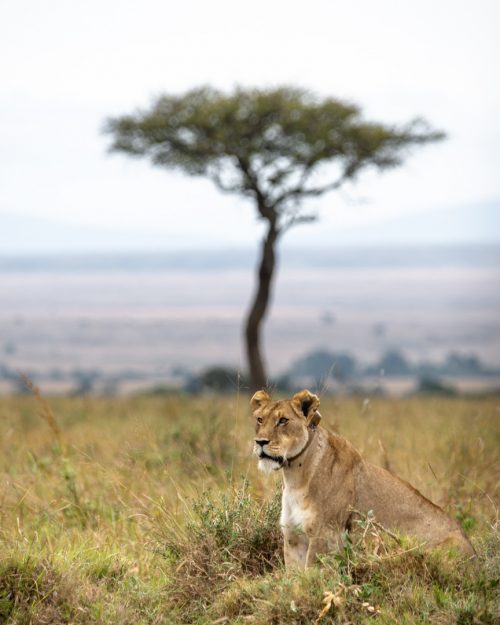
Today, the Mara community weeps for her loss. Largely, because it doesn’t appear to be a natural one. Her death is significant and at this stage, it looks as if we may have lost her entire pride along with her — in addition to her recent litter of cubs. We are buoyed by a recent report of a single lioness, in the heart of Angama Pride territory, seen briefly running into a thicket. Is it possible there is a surviving member of this pride? Is there a chance that Mama Kali’s genes may live on? We can only hope.
Filed under: Stories From The Mara
Subscribe for Weekly Stories
Comments (13):
4 February 2023
Thank you for the update on the beloved Kali , she was amazing . WE Must keep pushing to SAVE the Lives of the amazing animals ( especially Big CaTs 🦁). It should be Illegal to inflict Harm on these wild animals!! Install more cameras, push for laws to be passed .. SO WHAT IF she killed someone’s COW 🐄 ! That’s what they Do. Humans Eat Cows Too. The neighbors that surround the area —Shouldn’t Live there IF they are raising cattle to eat or sale ! These animals are being evicted from their habitats. Humans are the main cause of it. Humans should be put in jail for crap like this. What can Americans do to Help ?
10 July 2022
what about her pride? is it still alive?
15 April 2022
A cow are goat here are there shouldn't matter she has to eat and feed her pride
15 February 2023
Wow ! As I read further , I understand a bit better. The cattle raised by neighbors means survival for humans. I didn’t know that. Sad. Tough situation. I agree to Work With the community.
18 March 2022
Feeling sad about mama kali..brilliantly written and sensitising of need to conserve the wild life.the earth is home of many we cannot be greedy.
18 March 2022
why would mama kali have lost all her pride? the new cubs i can understand as they were only a few weeks old (did someone find their bodies?) but the older members of the pride, i don’t understand. would you mind explaining that to me, please ? thank you.
15 March 2022
Very sad to read of the lions death.She was an inspiration to me.I read all your blogs and feel part of the team.i would love to visit one day.Roughly how much would it cost 2 adults for 5 days
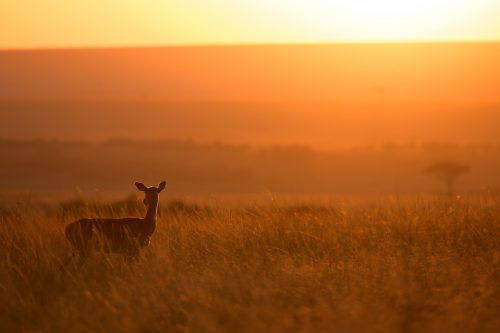
Rates & Availability